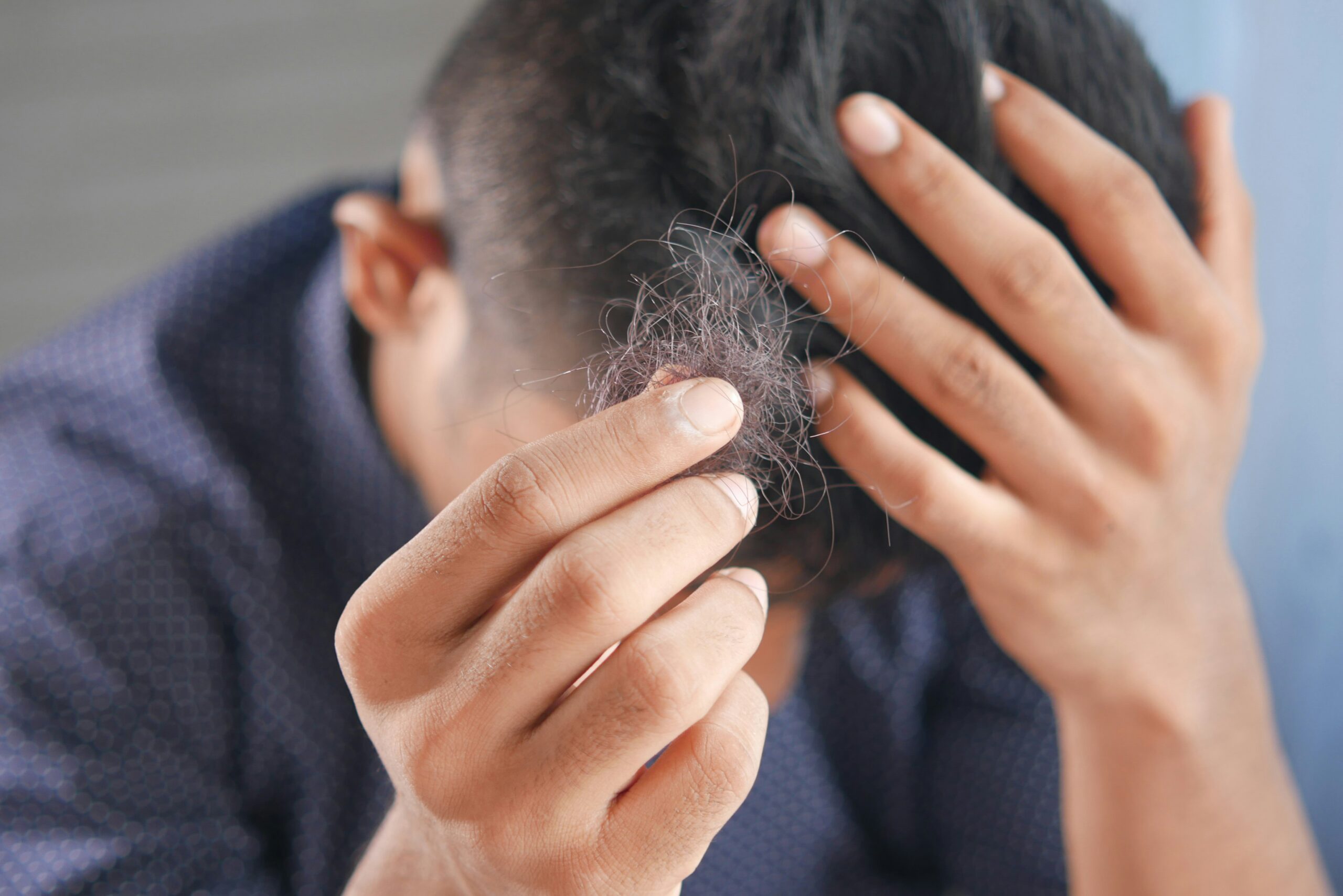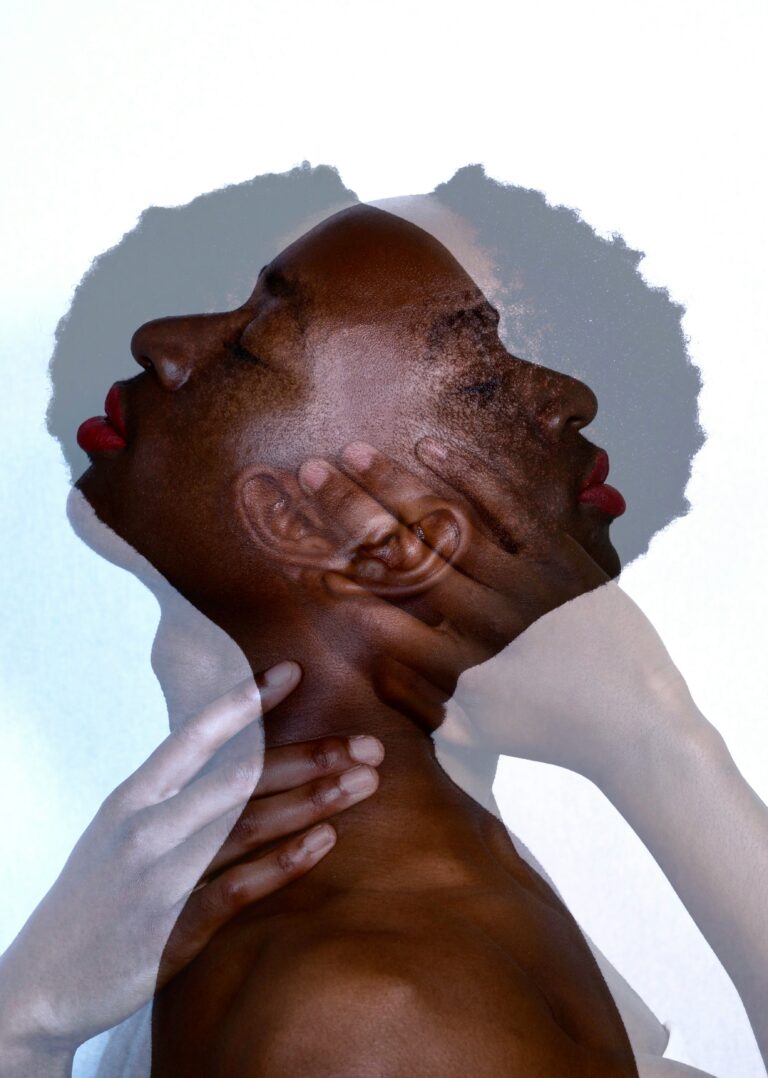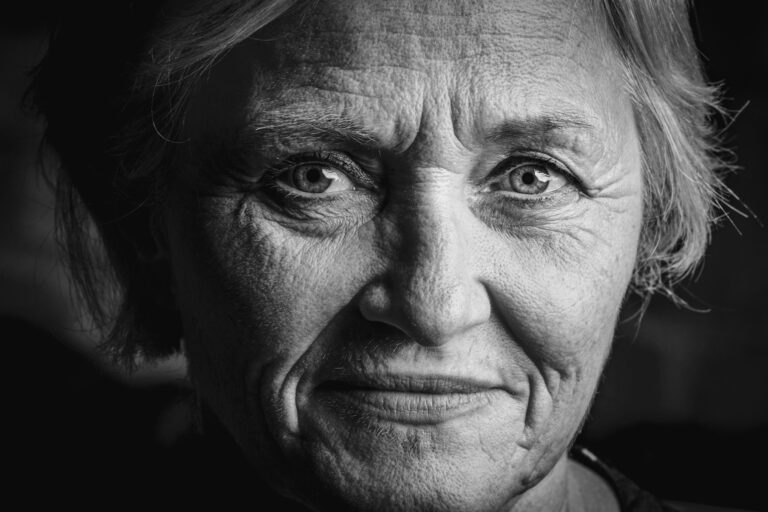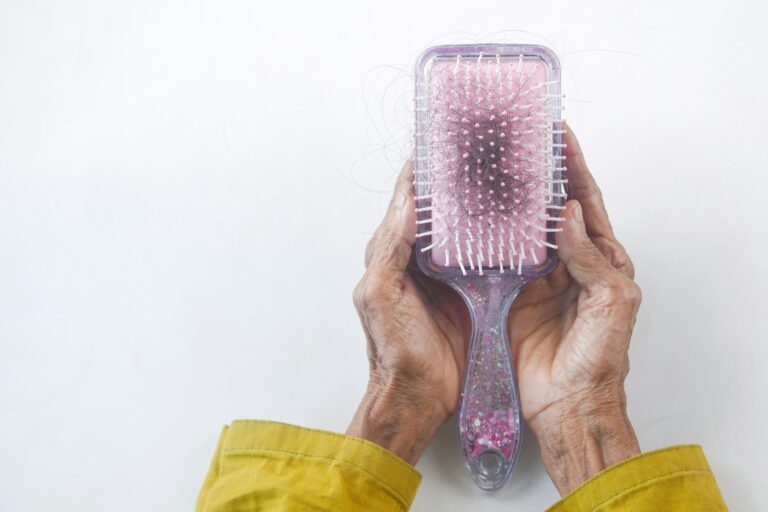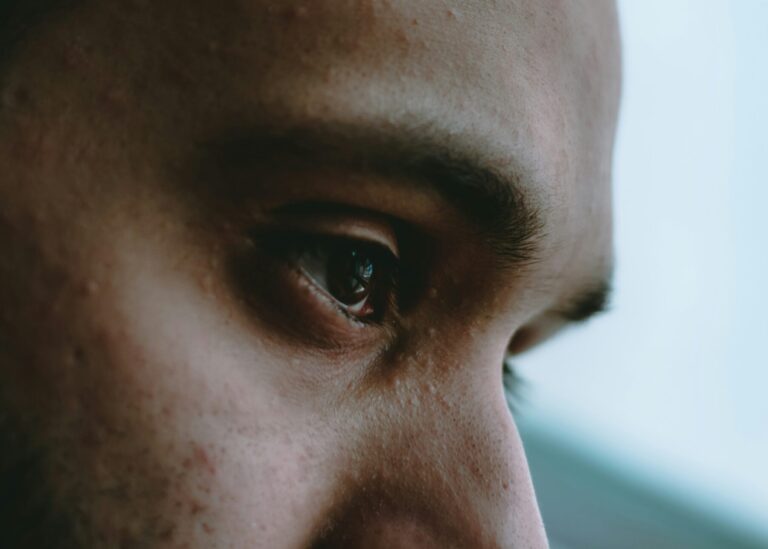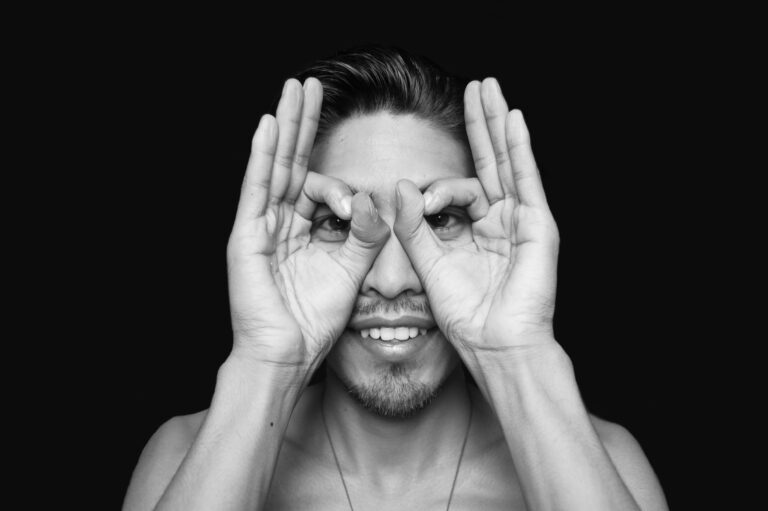Excessive Hair Fall at a Young Age? 5 Hidden Reasons No One Talks About
Imagine waking up every morning to see those hair strands on your pillow, or watching your hair fall in clumps while you’re in the shower. This can feel truly devastating to experience hair fall, especially if you’re young. Losing 50–100 strands a day is normal, but excessive hair fall at a young age is not something you should ignore. This can signal a cause beyond cosmetic issues; it can be a sign of stress, hormonal changes, nutritional gaps, or even early-onset genetic factors.
Dermatologist Dr. Francesca Fusco notes:
“When hair loss happens in young adults, it usually signals something deeper going on in the body, and it’s important to uncover the cause early.”
If you’ve been worried, “Why is this happening to me so soon?” you’re not alone. Let’s break down the 5 hidden reasons behind excessive hair fall at a young age and what you can do about it.
Want more health and nutrition tips? Visit Healnology.
5 Hidden Reasons Behind Excessive Hair Fall at a Young Age
1. Stress and Academic/Work Pressure
Academic or work stress is one of the most common reasons behind excessive hair fall at a young age. Stress prompts hair follicles to enter a resting phase (telogen effluvium), resulting in the shedding of more hair strands.
According to the American Academy of Dermatology, stress-induced hair loss is common among young people facing constant pressure from work or their studies.
Dr. Michele Green, a New York dermatologist, explains:
“Stress hormones like cortisol disrupt the natural hair cycle, making strands fall out faster than they grow back.”
But you don’t need to worry a lot because the good news is that stress-related hair fall is often temporary. Mindful practices, exercise, and better sleep hygiene can reduce this type of shedding.
Read our blog on How to Manage Stress for Better Physical Health, because managing stress can create a huge impact on your physical health including hair growth.
2. Hormonal Imbalances (Thyroid, PCOS, and Testosterone Shifts)
Hormones play a vital role in regulating nearly every function in your body, including hair growth. Hormonal imbalance is one of the most common issues with young people, thyroid issues, PCOS in women, or high DHT (dihydrotestosterone) in men; all can trigger excessive hair fall.
The Cleveland Clinic highlights that thyroid disorders play a huge role in thinning hair. For women, PCOS causes excess androgens, which shrink follicles and lead to hair loss.
Endocrinologist Dr. Aviva Romm adds:
“If your hair is falling excessively in your teens or twenties, don’t overlook hormones. They are often the root cause, especially in women.”
However, early diagnosis of these issues and proper medical treatment can help regulate hormonal function and slow down hair loss.
3. Vitamin and Mineral Deficiencies
A nutritious diet plays a great role in our overall well-being, including hair health. Excessive hair fall at a young age can be caused by certain vitamin and mineral deficiencies. Deficiencies in iron, Vitamin D, zinc, and biotin can leave your hair follicles weak, resulting in slow hair regrowth.
The Harvard T.H. Chan School of Public Health emphasizes that iron deficiency anemia is one of the most common causes of early hair loss, especially in young women.
Nutritionist Dr. David Katz explains:
“Iron and Vitamin D are absolutely critical for hair growth. Low levels starve follicles of oxygen and energy, leading to thinning and shedding.”
If you’re also noticing excessive hair fall, get tested for these deficiencies and add foods like spinach, beans, eggs, and fatty fish to your diet.
Read our blog on Beginner’s Guide to a Balanced Diet
4. Lifestyle Habits: Crash Diets, Junk Food, and Poor Sleep
In this modern era, the lifestyle habits of almost every young teen or adult are out of mind. Crash dieting, eating mostly junk food, staying up late, and overusing heat styling tools all weaken hair follicles, resulting in excessive hair fall at this young age.
Dermatologist Dr. Paradi Mirmirani explains:
“When the body doesn’t get enough nutrients or rest, it prioritizes survival over hair. The result is increased shedding and slower regrowth.”
We think that skipping meals or following extreme diets won’t do any damage to our bodies, but they deprive our hair of essential protein and micronutrients. Similarly, lack of sleep disrupts recovery and hormone regulation, both of which directly affect your hair’s strength.
Small daily habits, like eating whole foods, drinking enough water, and getting 7–8 hours of sleep, can make a noticeable difference.
Related read5 Powerful Superfoods to Beat Fatigue and Boost Stamina
5. Genetics and Early-Onset Pattern Baldness
Another reason for excessive hair fall at a young age can be related to many genetic factors. Androgenetic alopecia (pattern baldness) is a genetic condition that can show up in late teens or twenties. Men may notice a receding hairline, while women often experience a widening part or overall thinning.
According to the Mayo Clinic, genetics is the common cause of pattern baldness. But early treatment can help slow the process. Treatments like minoxidil, finasteride (for men), and platelet-rich plasma therapy (PRP) are common medical options.
Dermatologist Dr. Shilpi Khetarpal shares:
“The earlier you start treatment for genetic hair loss, the better your chances of maintaining thickness and slowing progression.”
If your family history shows early balding, consult a dermatologist as soon as possible.
How to Stop Excessive Hair Fall Naturally
Eat a nutrient-rich diet
- Include iron, zinc, protein, Vitamin D, and omega-3s.
- Foods: spinach, nuts, lentils, eggs, and fatty fish.
Massage your scalp with natural oils
- Coconut oil, castor oil, and rosemary oil improve circulation.
- Stimulates follicles and strengthens roots.
Manage stress effectively
- Try yoga, meditation, or breathing exercises.
- Stress is a leading cause of excessive hair fall.
Get enough sleep (7–8 hours)
- Sleep regulates hormones and helps follicles recover.
Avoid harsh treatments
- Minimize straightening, coloring, and tight hairstyles.
- Let your hair air-dry when possible.
Stay hydrated
- Water keeps the scalp healthy and prevents dryness.
Use mild, sulfate-free shampoo
- Harsh chemicals damage follicles and increase shedding.
Boost blood circulation
- Regular exercise improves oxygen supply to the scalp.
Home remedies
- Aloe vera gel soothes the scalp.
- Onion juice is shown to support regrowth.
- Green tea rinse adds antioxidants to strengthen hair.
Related Reads on Healnology
- Why Do I Feel Tired All the Time Even After Enough Rest? 5 Hidden Reasons Explained
- Best Affordable Personalized Skincare Routine for Glowing Skin
- How to Eat More and Still Lose Weight – What No One Tells You About Dieting
Conclusion: Tackling Excessive Hair Fall at a Young Age
I know excessive hair fall at a young age can feel really frustrating, but a quick response to this issue can save you a lot of effort and relieve your soul. Stress, hormonal changes, vitamin deficiencies, lifestyle habits, and genetics are the five most common culprits.
Remember, hair loss isn’t just a cosmetic issue, but it’s connected to your overall health. A nutritious diet, managing your stress levels, and seeking medical help when needed can help you go through this hard phase of your life seamlessly.
Did you also experience hair loss? Let me know in the comments below. I’d love to hear your story.
Want more expert-backed health advice? Explore our latest guides on Healnology.
Frequently Asked Questions (FAQs)
Excessive hair fall at a young age can be caused by stress, hormonal imbalances (like thyroid or PCOS), vitamin deficiencies, poor lifestyle habits, or genetics. Identifying the root cause early is key to preventing long-term damage.
Yes. Stress triggers a condition called telogen effluvium, which pushes hair follicles into a resting phase, leading to shedding. Managing stress through yoga, mindfulness, and proper sleep can reverse this.
You can reduce hair fall naturally by eating a nutrient-rich diet (iron, protein, Vitamin D), using natural oils like coconut or rosemary, avoiding harsh styling, and maintaining good sleep hygiene.
Not always. Hair loss due to stress, poor diet, or deficiencies is usually reversible with lifestyle changes and proper care. However, genetic conditions like pattern baldness may require medical treatments to slow progression.
Iron, Vitamin D, zinc, and biotin are the most important nutrients for healthy hair. A deficiency in any of these can trigger excessive hair fall in young adults.

